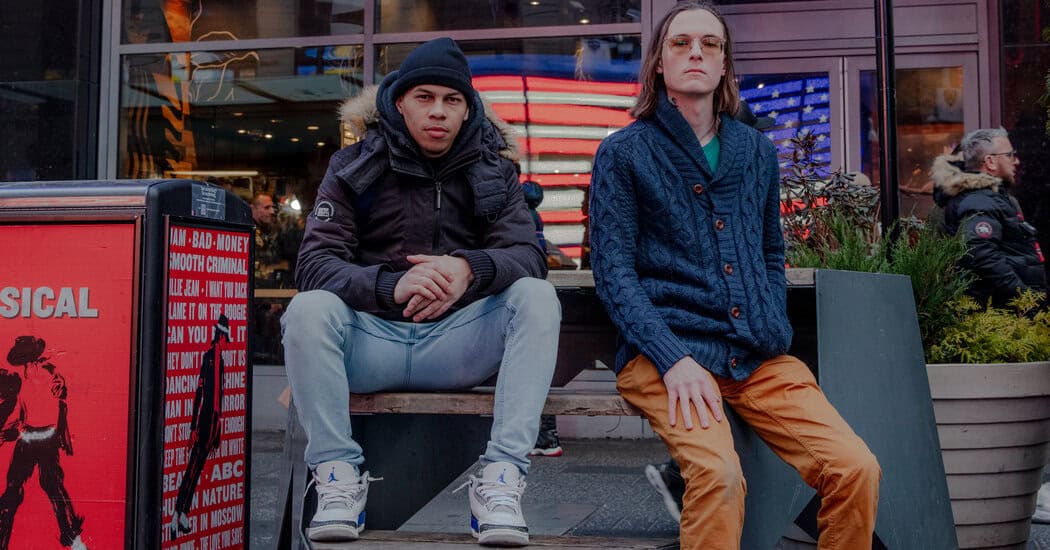
Starbucks Baristas Fuel the Working World. But Is Anyone Helping Them?
For more than a year, Felix Santiago has worked as a barista at a Starbucks near Times Square, and for about half that time he loved it. It was easy to swap shifts, easy to pick up new ones, easy to get along with supervisors who were largely accommodating. “The first six months were absolutely great,” Mr. Santiago told me recently. His opinion changed when his hours were cut in October and then again in January.
Overall they had fallen from roughly 31 hours a week to just under 24, a drop of nearly 25 percent, and the reduction in pay was harshly felt. His rent, $1,000 a month, for a room in a Bronx apartment, was no longer manageable, he said, so he began bouncing around from sofa to sofa, from friend’s place to friend’s place. This is how homelessness so often begins.
In early December, about three weeks after Mr. Santiago, who still works at Starbucks, filed an official complaint with the city helped by Local 32BJ of the Service Employees International Union, several other Starbucks workers with similar grievances about the company’s inconsistent approach to scheduling were invited to sit down with Mayor Eric Adams at City Hall. A few days later, the mayor posted pictures from the meeting on social media demonstrating his support. “I don’t have to tell you that Starbucks workers get our city moving every morning,” he wrote. “Their city stands with them in their push for fair conditions and workers’ rights.”
But what did that mean in practice? Since last February, the Department of Consumer and Worker Protection, the city agency entrusted with maintaining those rights, has received 76 complaints filed from employees at 56 Starbucks branches claiming that the company has violated the city’s Fair Workweek Law over and over again. Taken together, the complaints argue that Starbucks did not provide them with regular schedules, that hours were cut without reasonable explanation and that the company failed to post open shifts for employees who wanted them, choosing to hire new workers instead.
Another barista, Jordan Roseman, who has been working at a Starbucks in the financial district for three years, has watched his hours drop from 20 to 15 and sometimes even 10, he told me, which has made it harder to help pay rent, utilities and other expenses for the apartment he shares with his father.
When Mr. Roseman applied to the Starbucks College Achievement Plan, an online degree program offered through Arizona State University and a signature benefit of his employment, he found that he did not work enough hours to be eligible. “It was a gut punch,” he said. “If my hours hadn’t been cut, I would have 100 percent qualified.” He filed an initial complaint in August and is considering filing a second.